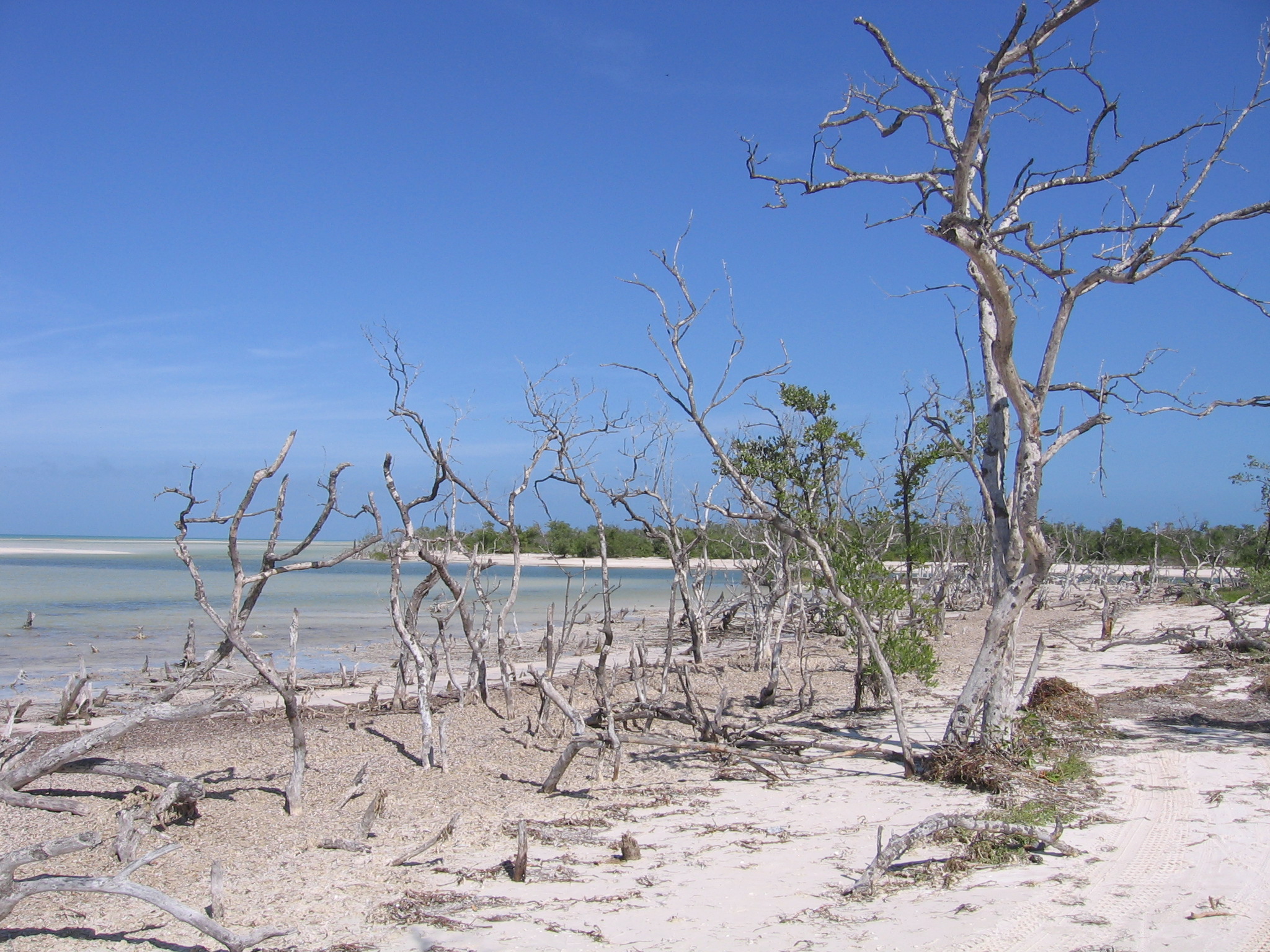[This post was written by Megan Rice, Jamie Price, and Angelina Peters in response to viewing three short videos, Greening the Ghetto, 6 Ways Mushrooms Can Save the World, and Tabor Tilth]
In class today we watched three short videos that pertained to sustainability in three different aspects. The first video was Majora Carter‘s February 2006 TED presentation “Greening the Ghetto.” In this presentation, Carter explains the many benefits of turning industrial riverfront land into a public park. She came across this idea when she was walking her dog in a heavily industrialized neighborhood in South Bronx and discovered an old road that lead to the river. She was motivated to make a change. She brought up overwhelming statistics that show Blacks and Latinos being five times more likely to live in a neighborhood within walking distance to an industrial factory. People who live in these heavy-polluted neighborhoods are more likely to develop respiratory disorders and other health issues. She raises a great question: who would be motivated to go outside and exercise when one lives in area where the air is toxic?
What really struck us about her presentation was (more…)



